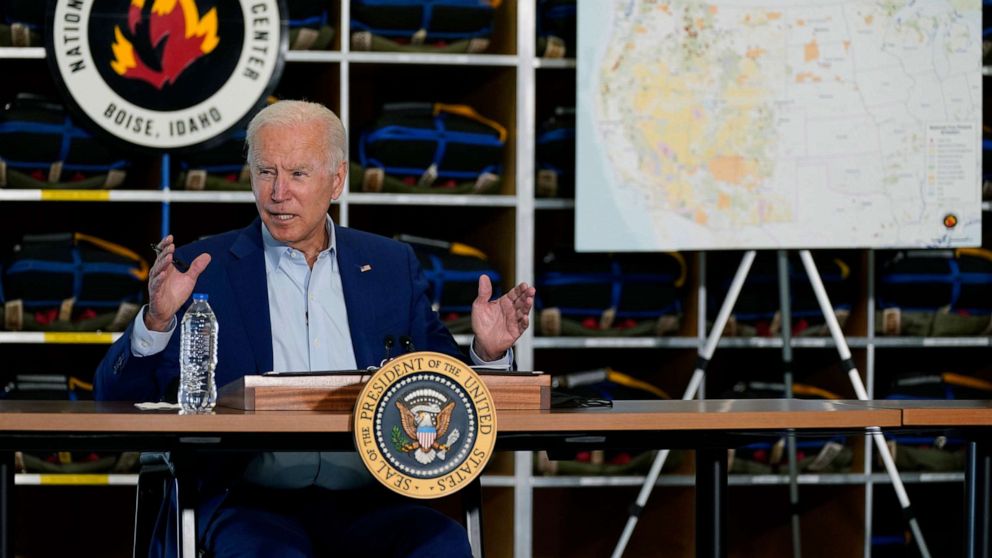The trend of weather over the past year has seen an uncommon occurrence of extreme weather.
Texas saw record colds while Oklahoma Christian University’s campus witnessed trees bend and break under the ice, pipes burst, heating systems fail and more.
Australia and the United States’ west coast both endured extreme heat and wildfires. In recent times, Tennessee flooded, leaving 22 dead, while Hurricane Ida became the fifth largest hurricane in United States history.
President Joe Biden recently commented on Hurricane Ida in regard to climate change.
“For decades, scientists have warned that extreme weather would be more extreme and climate change was here. And we’re living through it now,” Biden said.
Biden also said we are not completely powerless against this climate change.
“We can’t turn it back very much, but we can prevent it from getting worse, Biden said.
Biden has begun taking action against climate change.
On April 22, 2021, Biden announced a new target for the United States to achieve a 50-52% reduction from 2005 levels in economy-wide net greenhouse gas pollution in 2030.
Biden also enacted a National Climate Task Force led by Gina McCarthy, the first White House National Climate Advisor. The task force will also include Cabinet-level leaders from 21 federal agencies and senior White House officials.
The specific government officials residing on the task force are listed at the bottom of the “Readout of the Fourth National Climate Task Force Meeting” at whitehouse.gov.
At their meeting on June 24, 2021, the task force discussed the climate issues currently affecting the United States.
The Readout highlights the different climate-related challenges different agency leaderships are working to address.
Health and Human Services Secretary Xavier Becerra, “emphasized the record-breaking heat waves across the nation’s Western States.”
Interior Secretary Deb Haaland “discussed how climate-related impacts are displacing certain coastal communities, especially tribal and indigenous communities,” citing, for example, those in Alaska.
Agriculture Secretary Tom Vilsack, “spoke about ongoing efforts to combat wildfire and drought, including a focus on forest management and natural solutions.”
Other officials highlighted in the Readout include the Housing and Urban Development Deputy Secretary, Adrianne Todman; the White House Council on Environmental Quality Chair, Brenda Mallory; the Acting Under Secretary of Defense for Acquisition and Sustainment, Stacy Cummings; and the Deputy Transportation Secretary, Polly Trottenberg.
Affecting many areas of our lives, climate change is big topic, on which NASA discusses the scientific consensus.
“A consensus on climate change and its human cause exists,” NASA said. “Multiple studies published in peer-reviewed scientific journals show that human activities are the primary cause of the observed climate-warming trend over the past century.”
Julia Rosen, a journalist with a doctorate in geology, wrote for the New York Times providing ”definitive answers to the big questions.”
Rosen answers questions regarding how people know climate change is caused by humans, whether climate change is part of the planet’s natural heating and cooling cycles, and how winter and certain places can be getting colder if the planet is warming.
Climate change impacts nations around the world and, subsequently, our efforts to combat it need to be global too.
“The United States and the world face a profound climate crisis,” Biden said in his Executive Order on Tackling the Climate Crisis at Home and Abroad. “Domestic action must go hand in hand with United States international leadership, aimed at significantly enhancing global action. Together, we must listen to science and meet the moment.”














Be First to Comment